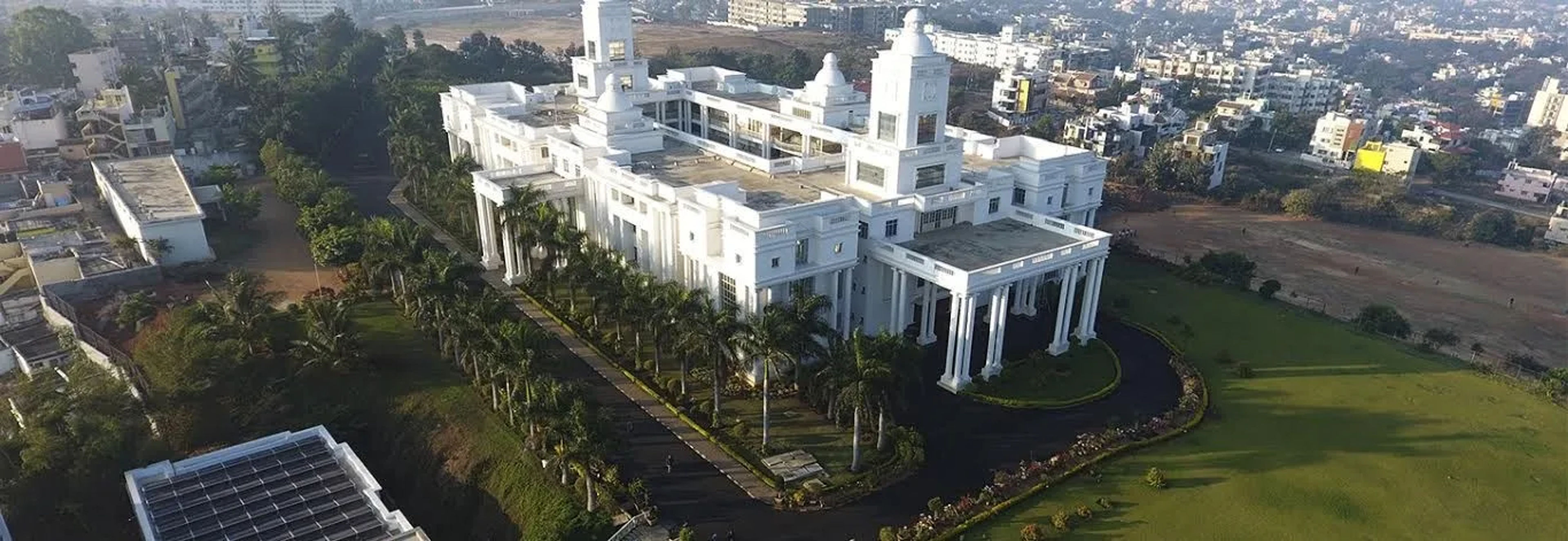BTech: Courses, Admission 2025, Eligibility, Syllabus, Top Colleges, Placements & Jobs
Bachelor of Technology [B.Tech]
Bachelor of Technology Course Overview
BE/B.Tech Latest Updates
- Admissions 2025- 2026 BTech: Admissions to the BTech programs are ongoing in government and private institutes in India in the academic year 2025- 2026 (starting from July/August).
Bachelor of Technology (B Tech) is a four-year undergraduate engineering degree that makes a student technologically qualified. It focuses on students with an excellent science and mathematics background to make them dynamic engineers, technologists, and professionals working on research and development (R&D). The curriculum covers a wide range of subjects that include Computer Science, Mechanical, Civil, and Electronics, which, as the core subjects, include Engineering Mathematics, Physics, Programming, Data Structures, Mechanics, Circuits, and niche-specific courses.
Bachelor of Technology courses are provided in elite institutions such as IIT bombay, IIT Delhi, NIT Trichy, and BITS Pilani. The tuition fees differ greatly; the tuition fees of government colleges are ₹50,000 - ₹2,00,000, and the tuition fees of private colleges are ₹2,00,000 - ₹10,00,000 INR, each year. There is a strong employment outlook, and leading recruiters, including Google, Microsoft, TCS, L&T, Infosys, and ISRO, offer jobs in software development, core engineering, consulting, and research and development. The average salary is between ₹6,00,000 to ₹15,00,000 per year in India, with significantly higher packages offered abroad. Industry and Global recognition of the program is an open door to various career opportunities, including a chance to get higher degrees such as MTech or MBA. Having an up-to-date network in the industry and emphasising innovation, there are around 1,00,000–1,50,000 BTech seats available annually in private colleges alone, with thousands more in government institutes. The core BTech curriculum typically includes Engineering Mathematics, Programming, Data Structures, Circuits, Mechanics, and specialisation-specific courses such as Artificial Intelligence, Robotics, or Environmental Engineering. Top Recruiters: Google, Microsoft, TCS, L&T, Infosys, ISRO.
Check College Predictor: College Predictor
BTech: Quick Highlights
BTech stands out as an undergraduate regional program specialising in technical knowledge, problem-solving, and innovation in different branches of engineering.
Particulars | Details |
Full Form | Bachelor of Technology |
Level | Undergraduate |
Duration | 4 years |
Type | Professional Degree |
Application Mode | Online/Offline (varies by institute) |
Entrance Tests |
|
Fees | ₹50,000–₹10,00,000 per year |
Top Colleges |
|
Top Specializations |
|
Top Recruiters |
|
BTech: Important Dates and Events 2026
Admission usually begins between November and March, entrance tests (JEE Main, JEE Advanced) occur between January and June, and final admissions are done between July and September.
Application Deadlines
In 2025-2026, the application process of BTech opens in November 2025 and closes in April 2026; the deadlines differ according to the institute. Some candidates must look at official sites such as JEE Main or BITSAT to find the exact dates.
Upcoming Events | Application Period | Specific Deadline |
IITs (JEE Advanced) | March–May 2026 | Mid-May 2026 |
NITs (JEE Main) | November 2025–February 2026 | February 2026 |
BITS Pilani (BITSAT) | January–April 2026 | April 2026 |
VIT (VITEEE) | November 2025–March 2026 | March 2026 |
Entrance Exam Dates
Important BTech entrance exams such as the JEE Main, JEE Advanced and other institute-level entrance exams also occur throughout January-June 2026, with real-life results declared in 4-6 weeks.
Upcoming Events | Dates |
JEE Main | January & April 2026 |
JEE Advanced | June 2026 |
BITSAT | May–June 2026 |
VITEEE | April 2026 |
Why Choose BTech?
BTech offers both hands-on and practical knowledge and skills related to industry, leading to a variety of careers in the field of technology, engineering, and R&D. They can deal with IT, manufacturing, or consulting problems, with opportunities to continue getting an MTech/MBA.
- There is a great demand for engineers in IT, manufacturing, and R&D industries.
- The Global MNCs and startups opportunities.
- Way to further your education, such as MTech or even an MBA.
- Good industry links with firms such as Google, Microsoft, and TCS.
- International acceptance of the Indian BTech degree in top-level colleges such as IITs.
FAQs
Ques 1: What are the post-BTech career opportunities?
Ans 1: As a graduate software engineer, mechanical engineer, or consultant, one can work in IT, manufacturing, etc, and higher qualifications such as MTech or MBA are open.
Ques 2: Does a BTech degree hold across the borders?
Ans 2: Yes, the degree given by the best universities in the country, such as IITs and NITs, is internationally accepted. In other countries (e.g., PE in the USA), other certifications may be necessary.
BTech: Qualification
BTech Qualification needs 10+2 (Physics, Chemistry, Mathematics (PCM)) and a fifty 75 marks out of one hundred based on the institution. There are certain eligibility requirements that can be found on official websites such as AICTE.
Qualification | Details |
Educational Requirement | 10+2 with PCM |
Minimum Marks | 50–75% (varies by institute) |
Subject Requirements | Physics, Chemistry, Mathematics |
BTech: Duration
BTech is an undergraduate degree course whose study period is 8 semesters, comprising 4 years or 8 semesters of 6 months each. It has both course and practical labs and a required final year capstone project, which develops technical abilities and industry-ready knowledge.
Component | Details |
Total Duration | 4 Years |
Course Structure | 8 semesters (6 months each) |
Academic Year Format | Semester-based (theory + practicals + project) |
Project | Mandatory capstone project in the final year |
FAQs
Ques 1: What is the length of a BTech course?
Ans 1: BTech course is 4 years and consists of 8 semesters (6 months each. It contains coursework, practical lab, and a compulsory final year capstone project, providing a thorough training on technical grounds.
Ques 2: Is the BTech final year project compulsory?
Ans 2: Yes, in most institutes, there is a requirement for a capstone project during the last year of BTech. Depending on the institute's requirements, this project will sharpen the technical knowledge, ability to solve problems, and prepare students to work in the industry.
BTech: Cut-Off
Instant and category-wise JEE Main and JEE Advanced cut-offs differ in each institute. The best IITs accept the ranks between 1 and 10000, and NITs accept the ranks up to 50000, depending upon the program and reservation category.
JEE Main Cutoff (2026 Expected)
The JEE Main 2026 projected cutoff describes the lowest percentile marks to be eligible for JEE Advanced and get admission to NITs, IIIT, and GFTIs, and is different according to each category.
Category | Cutoff Percentile |
General | 75th–90th percentile |
OBC | 70th–80th percentile |
SC/ST | 50th–60th percentile |
JEE Advanced Cutoff (2026 Expected)
The anticipated cutoff of JEE Advanced 2026 determines the lowest rank. It depends upon the category, program, and institute, and is usually between 1 and 10000 in the General category.
Category | Cutoff Rank |
General | 1–10,000 |
OBC | 10,000–20,000 |
SC/ST | 20,000–50,000 |
FAQs
Ques 1: What is the cut-off of JEE Main in the General category for BTech?
Ans 1: The cutoff of JEE Main as General category would be 75th to 90th percentile, which would vary institute-wise.
Ques 2: What is the SC/ST category cut-off in JEE Advanced for BTech?
Ans 2: SC/ST categories are expected to score anywhere between 20,000-50,000 ranks in the JEE Advanced cutoff, depending upon the institute.
BTech: Seats
The number of BTech seats depends on the infrastructure of the institute and the approval of AICTE. The various IITs and NITs are very competitive because of their high repute and few vacancies, and have the best brains pursuing their engineering degrees.
Seats in Government Colleges in India (State-Wise)
There are approximately 50,000 to 60,000 BTech seats in government colleges around India. Top institutes such as IITs and NITs are competitive, as there is always a demand.
State | Colleges | Seats |
Maharashtra | IIT Bombay | 1,000–1,200 |
Tamil Nadu | NIT Trichy | 800–1,000 |
Uttar Pradesh | IIT Kanpur | 900–1,100 |
Seats in Private Colleges in India (State-Wise)
India has about 1,00,000-1,50,000 BTech seats in the private engineering colleges. These colleges have various specialisations, and the student can apply to all the state engineering colleges or national-level entrance exams.
State | Colleges | Seats |
Rajasthan | BITS Pilani | 800–1,000 |
Tamil Nadu | VIT Vellore | 5,000–7,000 |
Karnataka | Manipal Institute of Technology | 2,000–3,000 |
FAQs
Ques 1: What is the number of BTech seats that are offered in the government colleges?
Ans 1: There are about 50,000-60,000 BTech seats in the government college, which is very competitive in top institutes such as IITs.
Ques 2: Are the number of BTech seats in government colleges fewer than those in the private colleges?
Ans 2: Yes, there are 1 lakh to 1.5 lakh seats in the private colleges, whereas government college seats are very few and could be given depending on AICTE approval.
Bachelor of Technology [B.Tech]
Syllabus
The syllabus includes basic sciences, basic courses in engineering, Engineering specialisation courses, the fundamental training program, and a final year project.
Semester-Wise Subject Distribution
Semester-wise distribution of subjects in BTech starts with basic sciences and background knowledge of engineering up to the technical basis, the final portion features advanced electives, projects, and exposure to working in industry.
Semester | Subjects |
Semester 1–2 |
|
Semester 3–6 |
|
Semester 7–8 |
|
Core and Practical Subjects
BTech incorporates both the theoretical and the practical subjects by providing equal account on analytical education, such as mathematics and mechanics and the practical education through labs, workshops and project work based on the specialisation chosen by the student.
Theory Subjects | Practical Subjects |
Engineering Mathematics | Programming Lab |
Data Structures | Circuits Lab |
Mechanics | Workshop Practice |
Specialization-specific courses | Project Work |
FAQs
Ques 1: What is the BTech syllabus?
Ans 1: The syllabus of the 4-year BTech has Engineering Mathematics, Physics, Programming, and courses based on the area of specialisation, practical labs, and a final year project.
Computer Science
Mobile App Development
Energy Engineering
Mechatronics
Bachelor of Technology [B.Tech]
Entrance Exams
The major BTech entrance exams are JEE Main, JEE Advanced, BITSAT, and the state-specific CETs such as MHT CET and KCET. These exams, which are conducted, are used to gain admission to the best institutes such as IITs and NITs.
Entrance Exam | Level | Purpose |
National | Admission to NITs, IIITs, and other institutes | |
National | Admission to IITs | |
BITSAT | Institute-level | Admission to BITS Pilani |
VITEEE | Institute-level | Admission to VIT |
Exam Preparation Strategy for 2025
- Focus on the 10+2 PCM syllabus.
- Practice mock tests and previous years’ question papers.
- Enhance problem-solving and time management skills.
Study Materials
- NCERT textbooks for Physics, Chemistry, and Mathematics.
- Books: “Concepts of Physics by HC Verma,” “RD Sharma Mathematics.”
- Online platforms: Unacademy, BYJU’S.
- Previous years’ JEE Main/Advanced question papers.
FAQs
Ques 1: Which are the key entrance exams to BTech?
Ans 1: JEE Main, JEE Advanced, BITSAT, and VITEEE are the most crucial entrance exams based on which the BTech admission will be taken. The elite colleges, such as IITs and NITs, look for JEE scores, whereas BITS Pilani and VIT have separate examinations.
Ques 2: What is the age limit to apply for BTech?
Ans 2: According to the rules of AICTE, the lower age limit to take computer engineering admission is 17 years. Maximum age limits are different regarding institutes; some institutes, like IITs, impose a maximum age restriction of 25 years on the students of the general category.
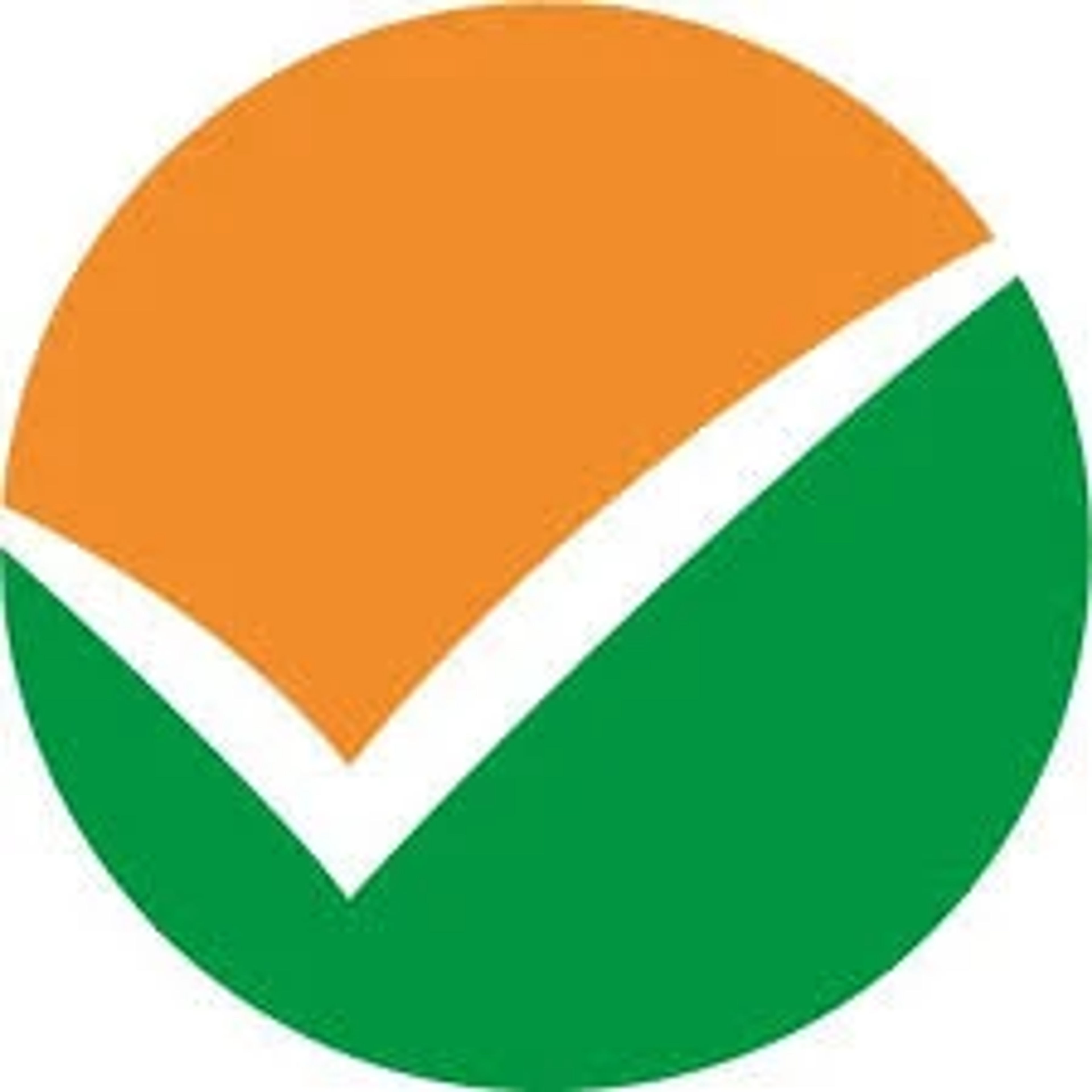
Joint Entrance Exam Main
Exam Scope:
Under Graduate•Exam Date:
Mar 31, 2025
Andhra Pradesh Engineering Agriculture and Pharmacy Common Entrance Test
Exam Scope:
Under Graduate•Exam Date:
Mar 14, 2025
Andhra Pradesh Post Graduate Engineering Common Entrance Test
Exam Scope:
Under Graduate•Exam Date:
Mar 31, 2025
Arunachal Pradesh Joint Entrance Examination
Exam Scope:
Under Graduate•Exam Date:
--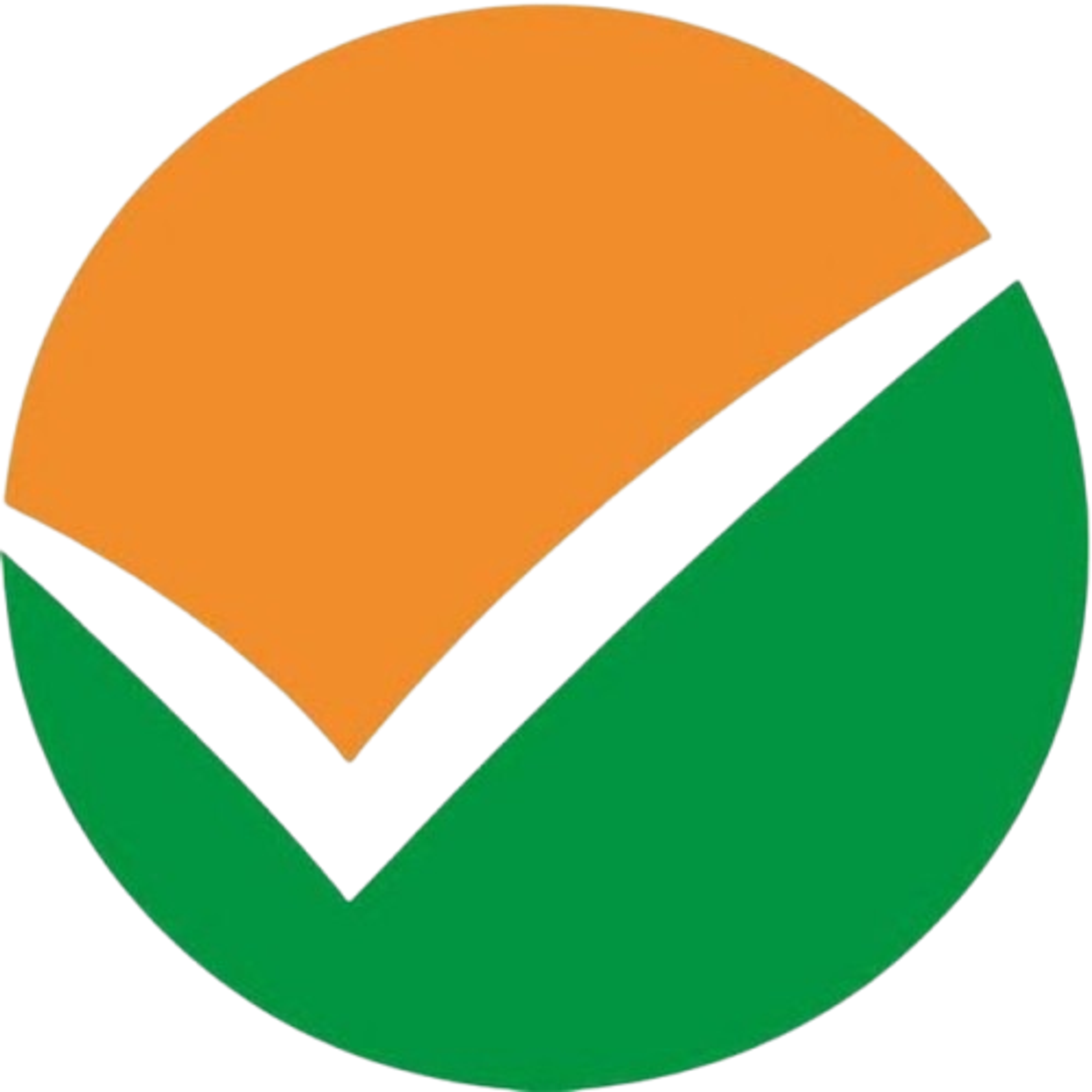
Common Universities Entrance Test
Exam Scope:
Under Graduate•Exam Date:
May 09, 2025Bachelor of Technology [B.Tech]
Curriculum
BTech is a 4-year undergraduate course that combines theoretical knowledge, practical field work training, and a capstone project in the 4th year, thus making it more efficient in providing the practical problem-solving skills needed in engineering and technology careers.
Aspect | Details |
Duration | 4 years (8 semesters) |
Total Semesters | 8 semesters (coursework + practicals + project) |
Core Subjects | Engineering Mathematics, Physics, Programming, Mechanics |
Specialized Areas | Computer Science, Mechanical, Civil, Electronics |
Hands-on Experience | Laboratory Practicals, Capstone Project |
Elective Courses | AI, Robotics, IoT, Renewable Energy |
Objective | Develop technical expertise for engineering and technology roles |
Best Universities/Colleges for BTech (India/Abroad)
The best colleges to study BTech in India are IITs, NITs, and IIIT. For a bachelor's degree in Engineering, foreign countries like MIT, Stanford, and ETH Zurich provide the best and world-class engineering degrees.
Government and Private Colleges in India
There are more than 4,000 BTech institutes in India, where IITs and NITs are at the first preference as they have good facilities along with placement opportunities.
Colleges | Type | Fees ( per year) |
Government | ₹2,00,000–₹3,00,000 | |
Government | ₹2,00,000–₹3,00,000 | |
NIT Trichy | Government | ₹1,00,000–₹2,00,000 |
Private | ₹4,00,000–₹6,00,000 | |
Private | ₹2,00,000–₹4,00,000 | |
Manipal Institute of Technology | Private | ₹3,00,000–₹5,00,000 |
SRM Institute of Science & Tech | Private | ₹2,50,000–₹3,50,000 |
Private | ₹2,00,000–₹3,50,000 |
Colleges Abroad
The programs equivalent to BTech (e.g., BEng, BS in Engineering) have advanced infrastructure and high salary opportunities worldwide.
College/University | Location | Fees ( per year) |
MIT | USA | ₹40,00,000–₹50,00,000 |
Stanford University | USA | ₹40,00,000–₹50,00,000 |
Imperial College London | UK | ₹30,00,000–₹35,00,000 |
NUS | Singapore | ₹15,00,000–₹20,00,000 |
ETH Zurich | Switzerland | ₹10,00,000–₹15,00,000 |
University of Toronto | Canada | ₹20,00,000–₹30,00,000 |
Technical University of Munich | Germany | ₹5,00,000–₹10,00,000 |
University of Melbourne | Australia | ₹25,00,000–₹35,00,000 |
BTech: India vs Abroad
To compare BTech degrees in India and abroad, it is significant to talk about such parameters as fees, exposure to the world, opportunities, and the organisation of the curriculum, which will help students to choose options according to their purposes and capabilities.
Parameter | India | Abroad |
Course Name | BTech | BEng/BS in Engineering |
Duration | 4 Years | 3–4 Years |
Eligibility | 10+2 with PCM + entrance exam | 10+2 equivalent + exams (e.g., SAT) |
Tuition Fees | ₹50,000–₹10,00,000/year | ₹15,00,000–₹50,00,000/year |
Living Costs | ₹1–2 Lakhs/year | ₹10–20 Lakhs/year |
Popular Universities | IITs, NITs | MIT, Stanford |
Job Opportunities | Indian IT, core engineering | Global MNCs, research labs |
Starting Salary | ₹6,00,000–₹15,00,000 LPA | ₹30,00,000–₹60,00,000 LPA |
FAQs
Ques 1: Which is the best college for BTech in India?
Ans 1: Top colleges: IIT Bombay (₹2,00,000- ₹3,00,000/year), IIT Delhi, NIT Trichy, and BITS Pilani (₹4,00,000-₹6,00,000/year).
Ques 2: Is BTech in a foreign country a good idea?
Ans 2: It is not cheap to study overseas; however, opportunities in terms of facilities and a job worldwide are provided. India offers low-cost education with substantial domestic opportunities.
Core Subjects
Engineering Mathematics
Physics
Programming
Mechanics
Top Colleges
Bachelor of Technology [B.Tech]
Eligibility
The BTech eligibility criteria also depend on the category per the guidelines of AICTE. The general applicants must have passed 10+2 with PCM and 50% to 75% marks, whereas OBC, SC/ST, and PwD applicants must have a minimum of 45% marks, and PwD should possess a valid disability certificate.
Category | Eligibility Criteria |
General | 10+2 with PCM, 50–75% marks |
OBC | 10+2 with PCM, 45–50% marks |
SC/ST | 10+2 with PCM, 45% marks |
PwD | 10+2 with PCM, 45% marks + valid disability certificate |
FAQs
Ques 1: What is the General category slab percentage in BTech eligibility?
Ans 1: The general category students need to get 50–75% marks in 10+2 in Physics, Chemistry, and Mathematics (PCM), with certain conditions varying from one institute to another.
Ques 2: Are PwD applicants eligible to have extra papers to pursue BTech?
Ans 2: Yes, Persons with Disability (PwD) applicants should have a valid disability certificate, and must have secured 45 per cent marks in 10+2 in subjects PCM to be eligible to sit in BTech.
Bachelor of Technology [B.Tech]
Admissions
BTech admission procedures include entrance exams such as JEE Main and/or JEE Advanced, or testing at state or institute level, selection based on merit, counselling, and verification of documents. The applicants attach 10+2 mark sheets, pay fees, and get enrolled.
Particulars | Details |
Entrance Exams | JEE Main, JEE Advanced, BITSAT, VITEEE, State CETs |
Minimum Age Requirement | 17 years (varies by institute) |
Eligibility | 10+2 with PCM, 50–75% marks |
Qualifying Marks | Varies by exam (e.g., JEE Main: 75th percentile) |
Step 1 - Application submission
The applicants have to apply by using the authorised websites, such as the state CET cell, the university websites, or at the national-level entrance examination authority like JEE Main. Offline applications are also admissible by some of the private institutes.
Step 2 - Entrance Examination
Depending on the institute, the course, and the subject, all students have to appear in the entrance examinations, such as JEE Main, JEE Advanced, and state-level examinations such as MHT CET, KCET, etc., or institute-specific entrance exams such as BITSAT or VITEEE.
Step 3 - Counselling and Seat Allotment
Those who qualified, depending on their marks on the entrance exams and their cut-offs, go through either centralised (e.g., JoSAA) or institute-level counselling sessions, with allocation based on merit and availability.
Step 4 - Fee and document verification
Original documents to be submitted by the candidates are.
- 10+2 mark sheets
- Entrance Exam Scorecards
- An Identity Proof
- Category Certificates
Once verified, candidates make payments in respect of the admission fee to gain entry into the BTech course.
Bachelor of Technology [B.Tech]
Fees
The BTech fee, ranging between ₹50,000 and ₹2,00,000 per year in government colleges as compared to ₹2,00,000 to ₹10,00,000 per year in private colleges, depending on the colleges (with some having extra expenses on lab and hostel fees), makes the government college much cheaper.
Type | Annual Fee Range | Additional Fees |
Government Colleges | ₹50,000–₹2,00,000 | Lab fees, hostel fees |
Private Colleges | ₹2,00,000–₹10,00,000 | Lab fees, exam fees, hostel fees |
FAQs
Ques 1: Do government colleges offer cheaper fees for BTech?
Ans 1: Government colleges are making this cheap, as in they are only charging between ₹50,000 and ₹2,00,000 in a year, which is extremely lower than private colleges, in which they are asking between ₹2,00,000 and ₹10,00,000. Fees are subject to change depending on the institute.
Ques 2: Are there other fees involved in BTech programs?
Ans 2: Yes, there are other fees such as lab, hostel charges, and examination fees, which vary with the institute.
Bachelor of Technology [B.Tech]
Placements
Scope/Career Options
BTech has various careers in various sectors such as information technology, manufacturing, consulting, and R&D. They may act as engineers, analysts, or consultants. Still, their job is determined by their speciality and expertise.
Industry Roles
The employment opportunities of BTech graduates in the industry sector are broad, with the role varying between core engineering roles and the newer technologies in the industry, such as Data science, consulting, etc., with a competitive pay scale in different sectors.
Job Title | Job Description | Salary Range (LPA) |
Software Engineer | Develops software applications | ₹6,00,000–₹15,00,000 |
Mechanical Engineer | Designs mechanical systems | ₹5,00,000–₹12,00,000 |
Data Scientist | Analyses data for insights | ₹8,00,000–₹20,00,000 |
Consultant | Provides technical solutions | ₹7,00,000–₹15,00,000 |
Higher Studies
- MTech in specialised fields
- MBA in Technology Management
- MS/PhD abroad
Top Recruiters
The major multinational organisations in the industry, as well as other spheres such as technology, consulting, and manufacturing, are the highest recruiters of BTech graduates. These companies provide jobs in software engineering, engineering design, analytics, and R&D with good pay and career advancements.
- Microsoft
- TCS
- L&T
- ISRO
BTech: Salary Package
BTech graduates receive a lucrative pay according to specialisation, expertise, and industry. IT, fundamental engineering, and consulting jobs frequently comply with ₹5,00,000 to ₹20,00,000 PA starting packages, and better pay with knowledge and further study.
Salary Package in India
The salary packages of BTech graduates in India depend on the job position, industry, and experience. The salaries associated with the position in the private sector, such as software engineering, data science, and consulting, range between ₹5,00,000 to ₹20,00,000 PA.
Job Profile | Average Salary (₹ PA) | Sector |
Software Engineer | ₹6,00,000–₹15,00,000 | Private |
Mechanical Engineer | ₹5,00,000–₹12,00,000 | Private |
Data Scientist | ₹8,00,000–₹20,00,000 | Private |
Consultant | ₹7,00,000–₹15,00,000 | Private |
Experience Level
The salary increase of BTech professionals in India is very high with experience. Freshers/entry-level engineers have a salary range of ₹6,00,000 to ₹15,00,000 PA, mid/experienced earn ₹15,00,000 to ₹25,00,000 PA, and professionals with more than 8 years of experience can get ₹50,00,000 PA and above.
Experience Level | Average Salary (₹ PA) |
Entry-Level (0–2 years) | ₹6,00,000–₹15,00,000 |
Mid-Level (3–7 years) | ₹15,00,000–₹25,00,000 |
Senior-Level (8+ years) | ₹25,00,000–₹50,00,000 |
Salary Package Abroad
The salaries paid to BTech graduates in other countries are much higher than in India. Packages in countries such as the USA, UK, and Canada are ₹25,00,000 to ₹80,00,000 PA, depending on the position, expertise, and place.
Country | Job Profile | Average Salary (₹ PA) |
USA | Software Engineer | ₹40,00,000–₹80,00,000 |
UK | Data Scientist | ₹30,00,000–₹50,00,000 |
Canada | Mechanical Engineer | ₹25,00,000–₹45,00,000 |
BTech: FAQs
Ques 1: What is BTech?
Ans 1: BTech refers to 4 4-year undergraduate engineering degree that deals with technical knowledge and problem-solving abilities in different fields such as Computer, Mechanical, Civil, and Electrical Engineering.
Ques 2: What are the eligibility requirements for BTech?
Ans 2: Candidates should have studied 10+2 in Physics, Chemistry, and Mathematics (PCM) and obtained 50-75% marks. Typical entry is by the entrance examination, such as JEE Main, BITSAT, or state-based examinations.
Ques 3: Is it possible to study BTech without JEE?
Ans 3: Yes, there are numerous types of admission in the private universities and colleges that accept students according to merit of the 12th grade or take their entrance tests, such as VITEEE, SRMJEEE, or BITSAT.
Ques 4: What are the career prospects after BTech?
Ans 4: Emerging professionals in the BTech program can practice as software engineers, mechanical engineers, data scientists, or consultants. They can also do further studies such as MTech/MBA or MS/PhD in foreign countries.
Ques 5: Does BTech have an international demand?
Ans 5: Yes, the BTech degree in famous institutes is highly demanding in any part of the world, particularly in IT, engineering, and research. Other countries might require a PE (Professional Engineer) certification.

Not sure what you are looking for? Connect with our counsellors.
Login helps you find curated results for your requirement.
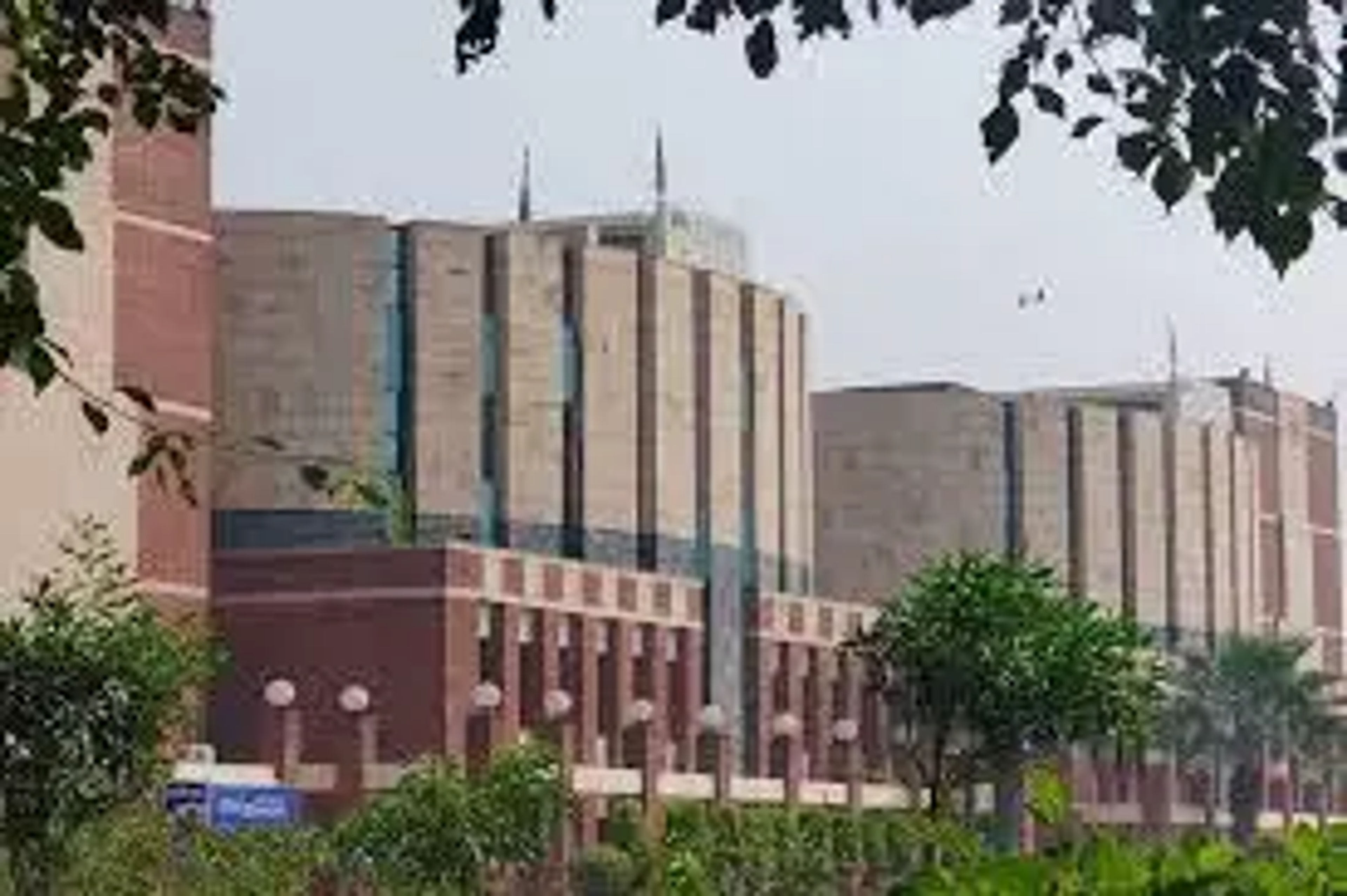

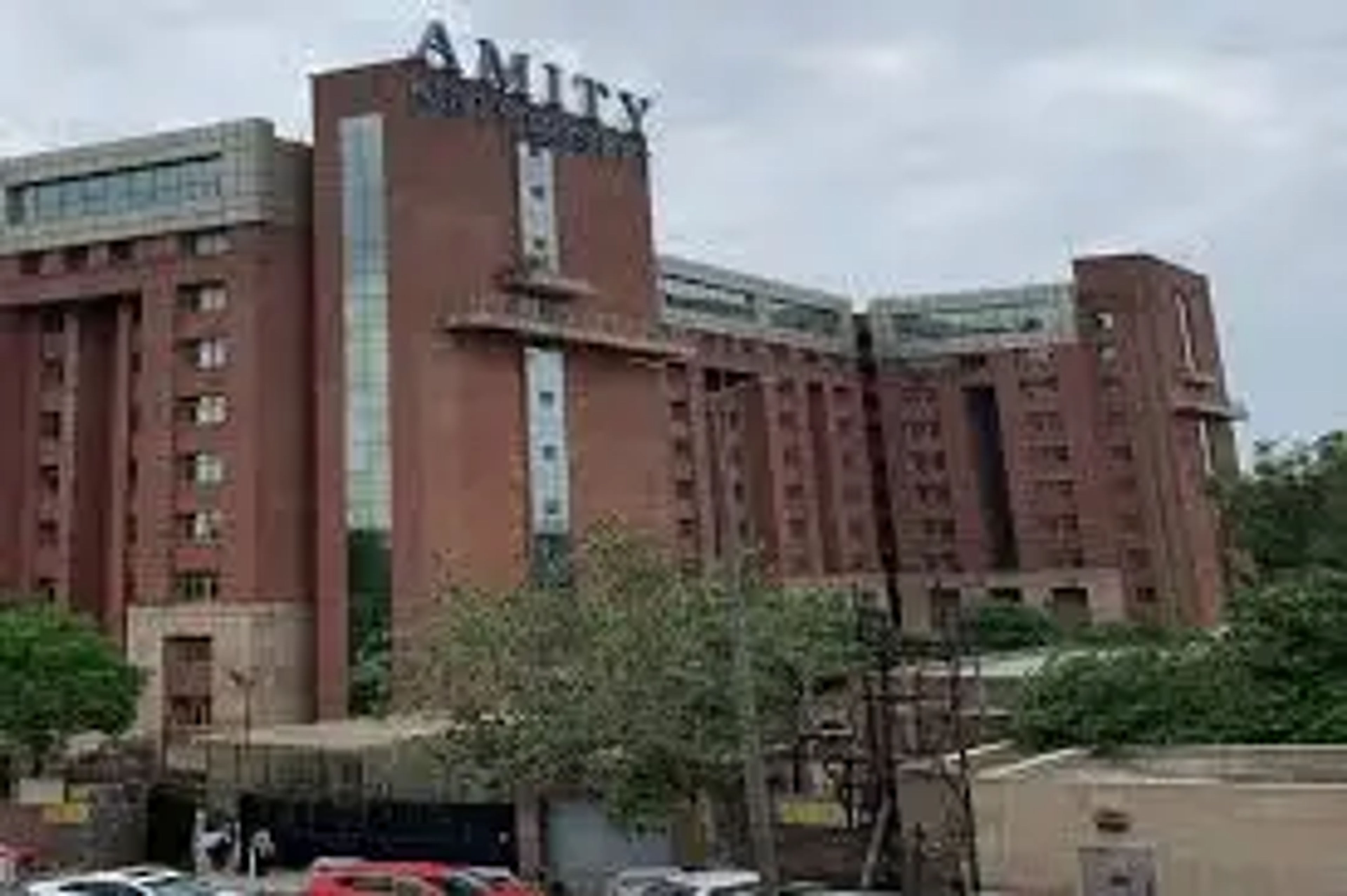
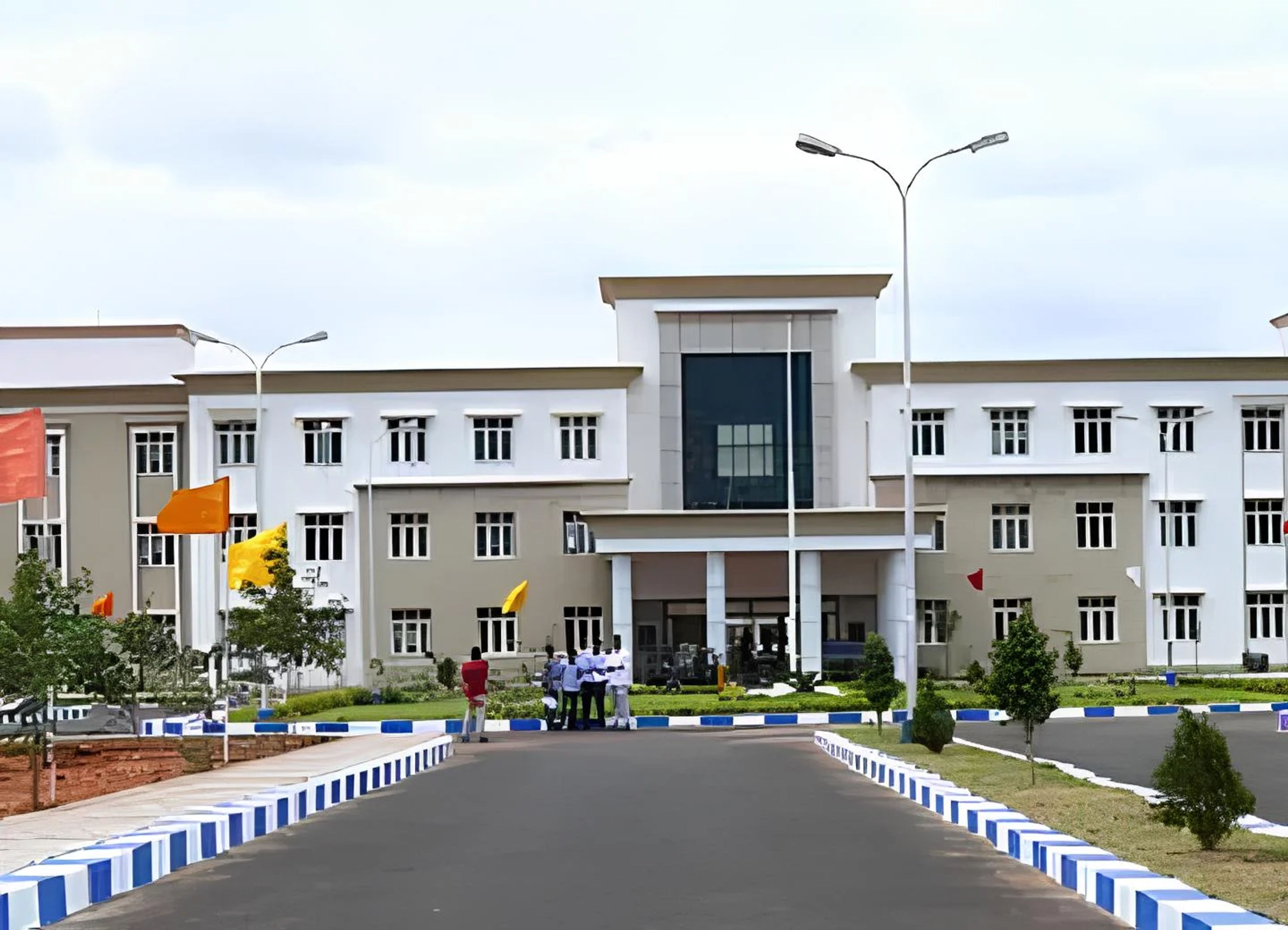





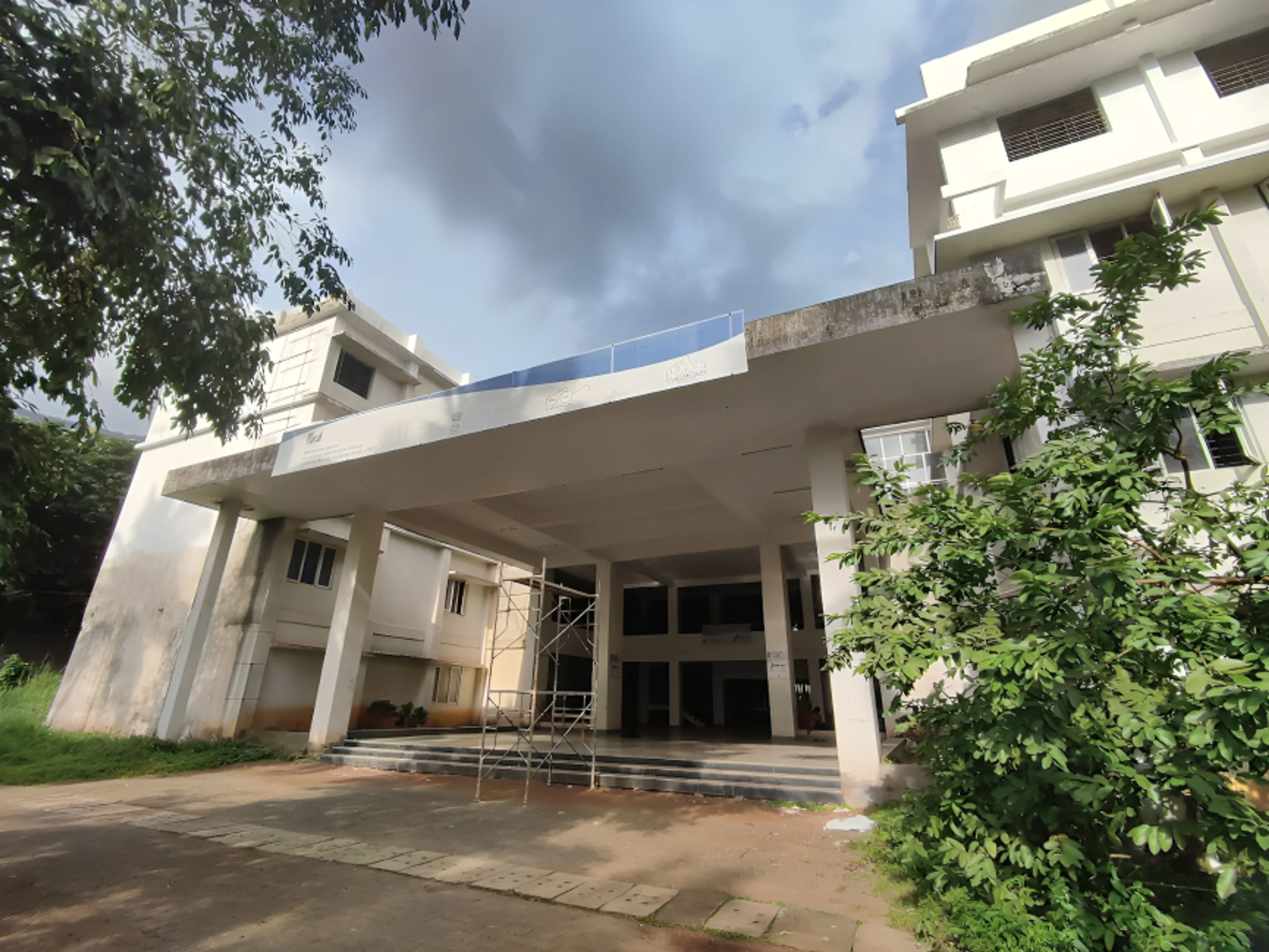


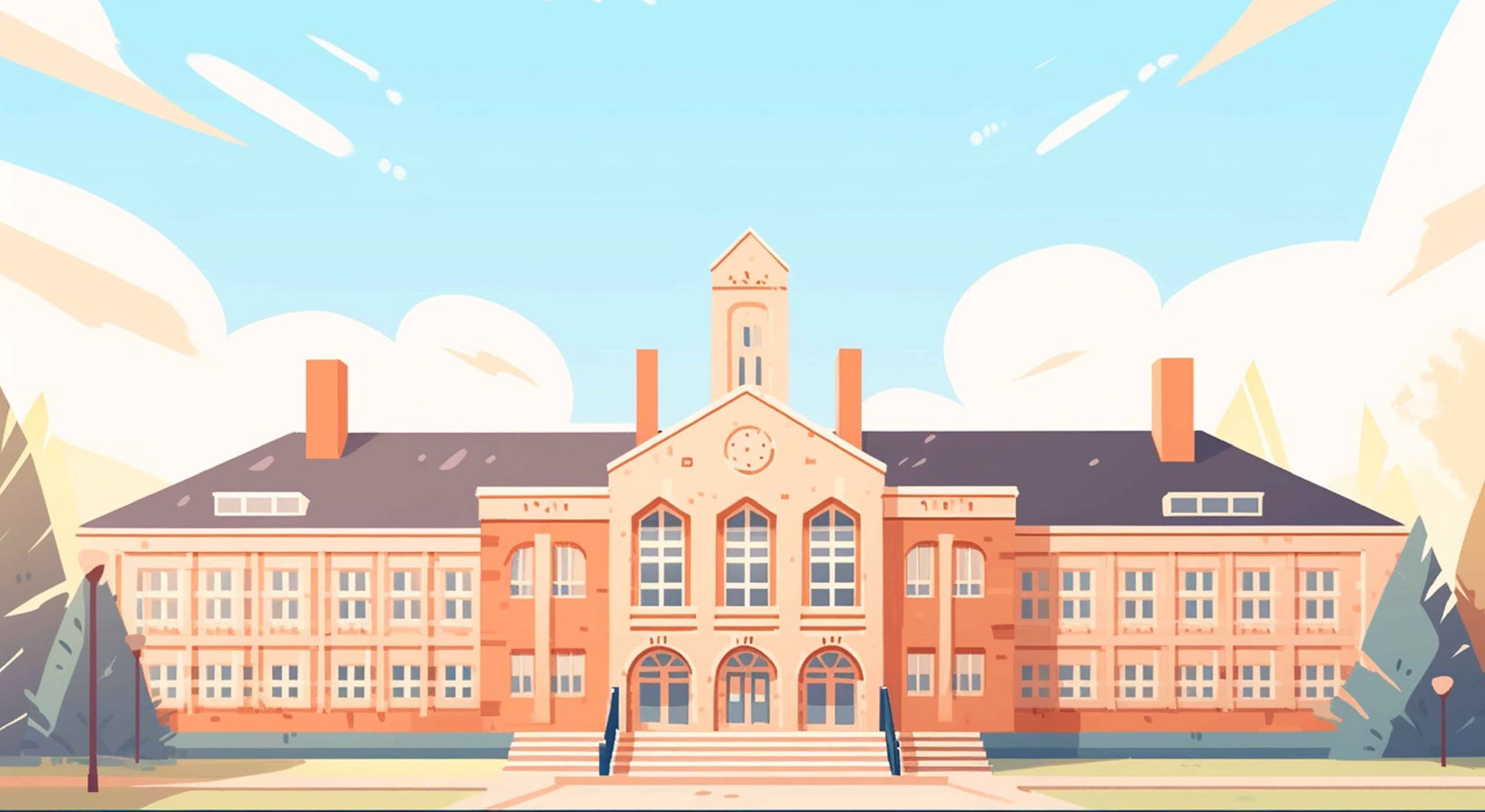
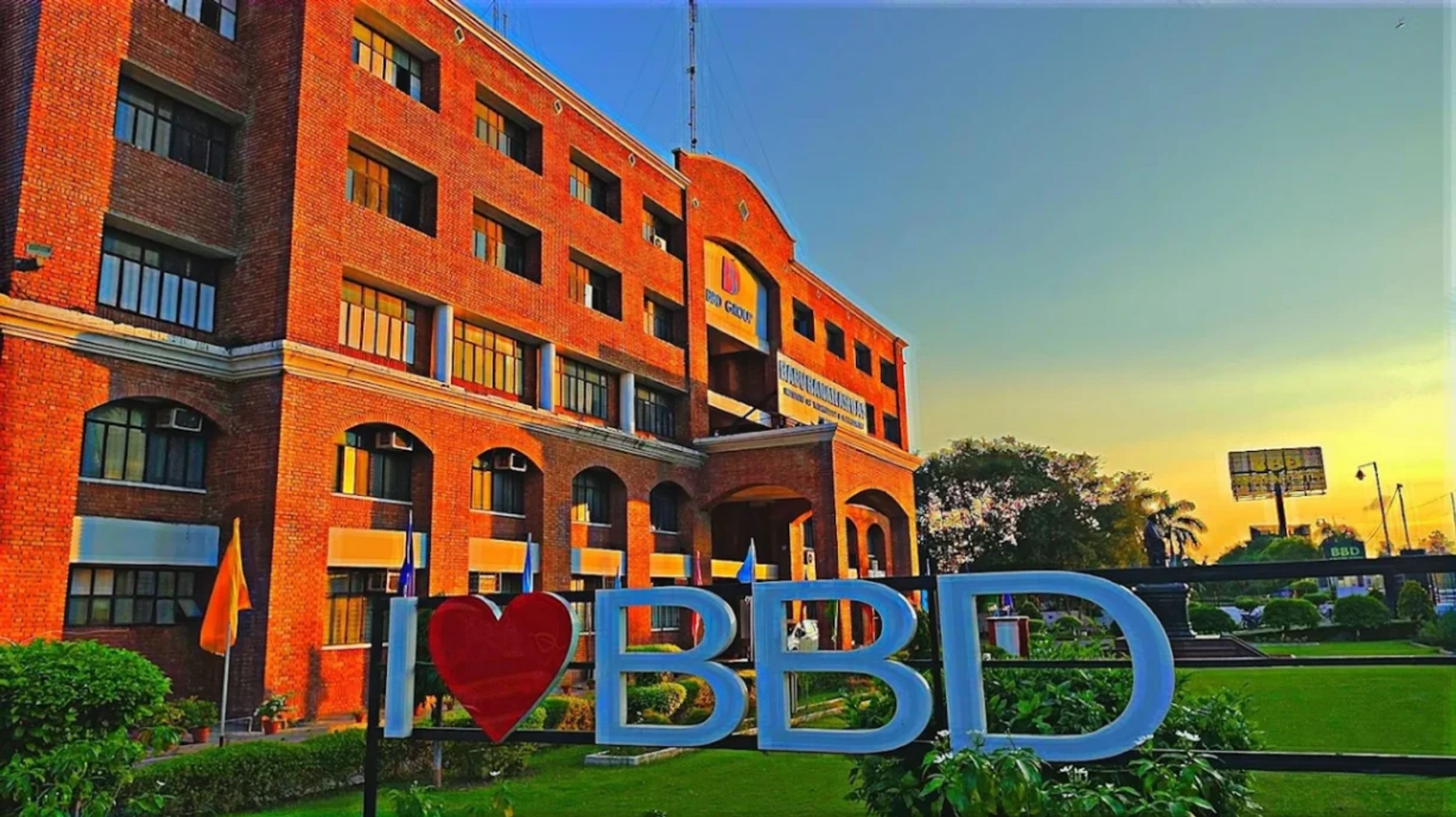

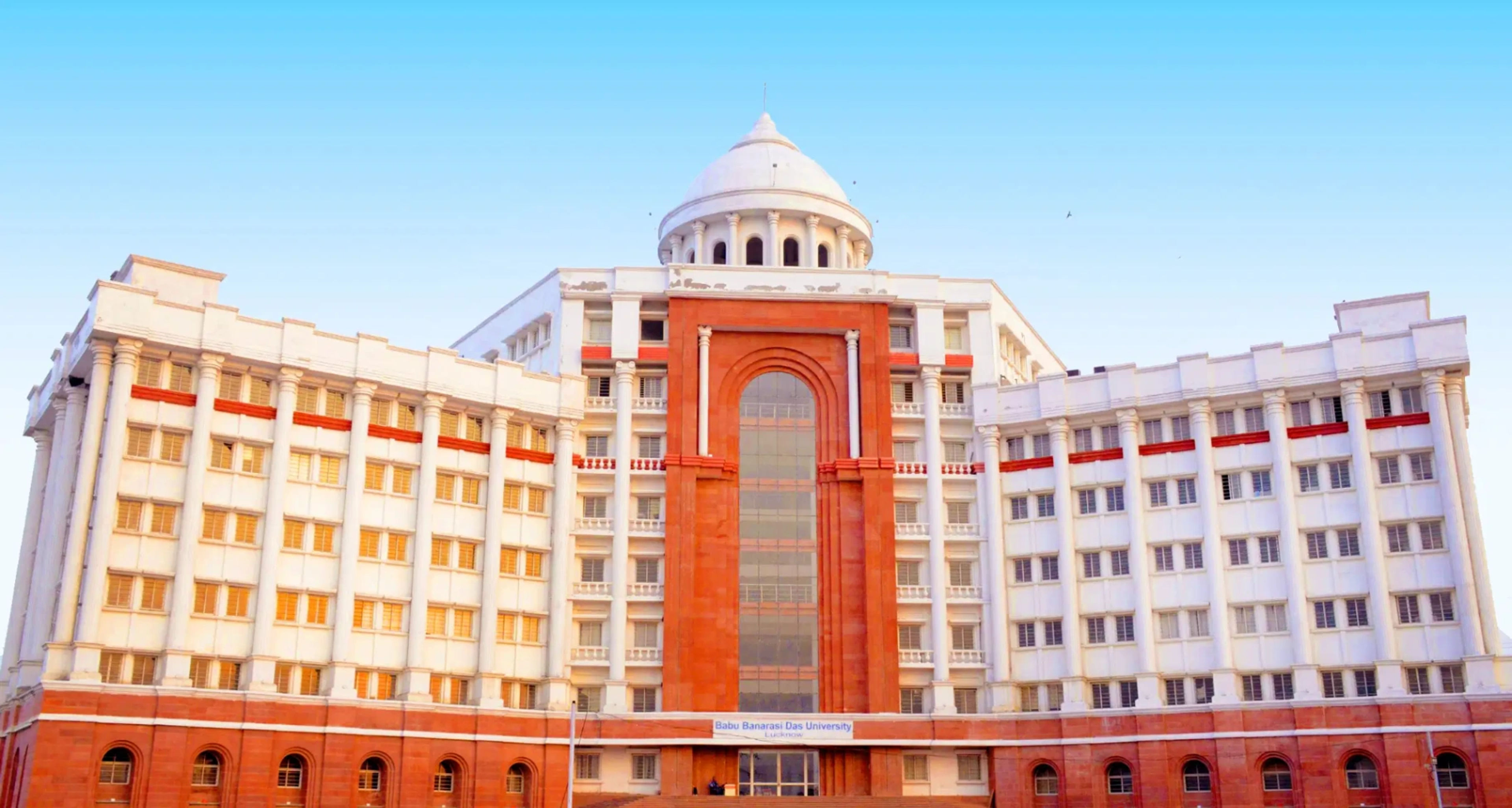
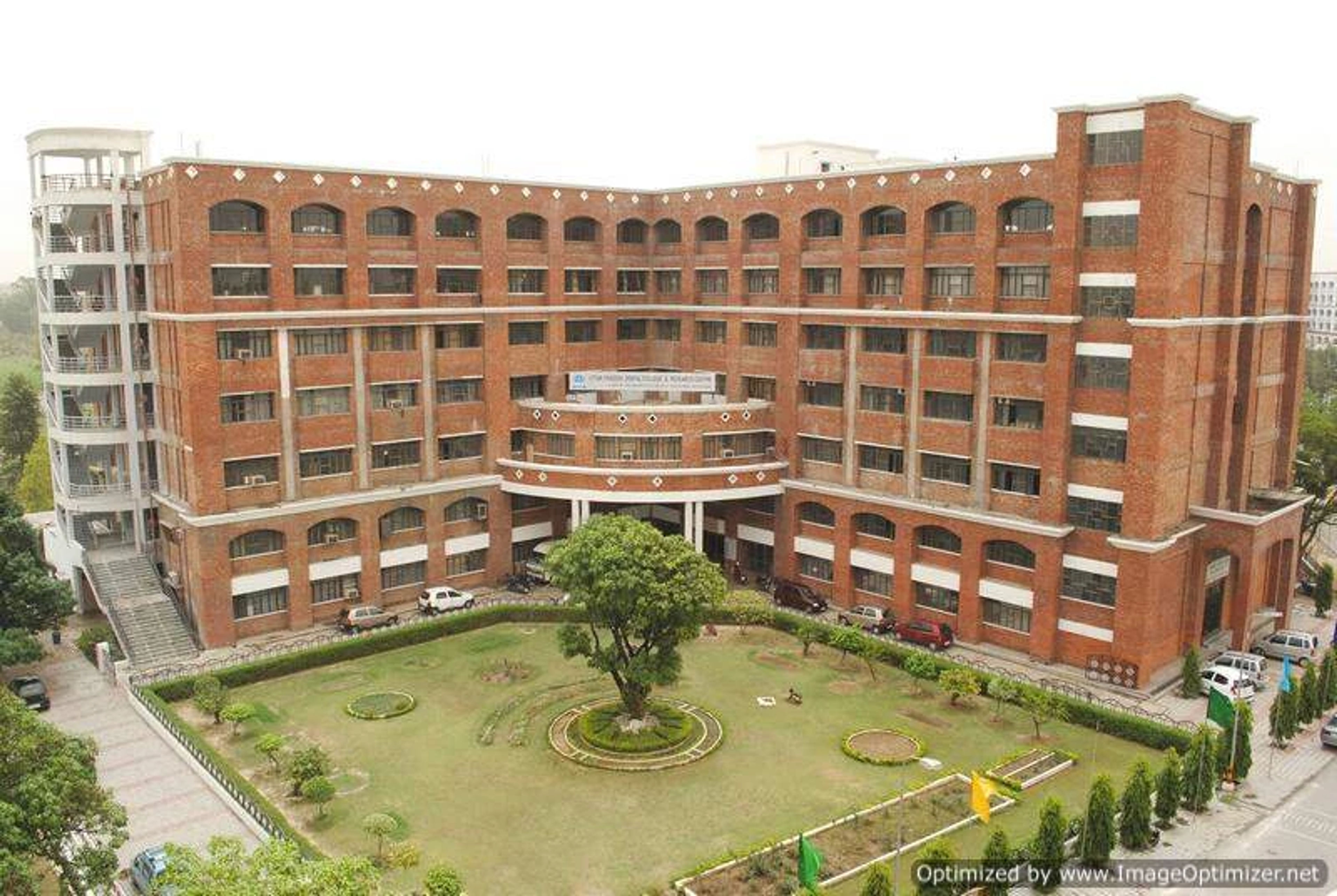
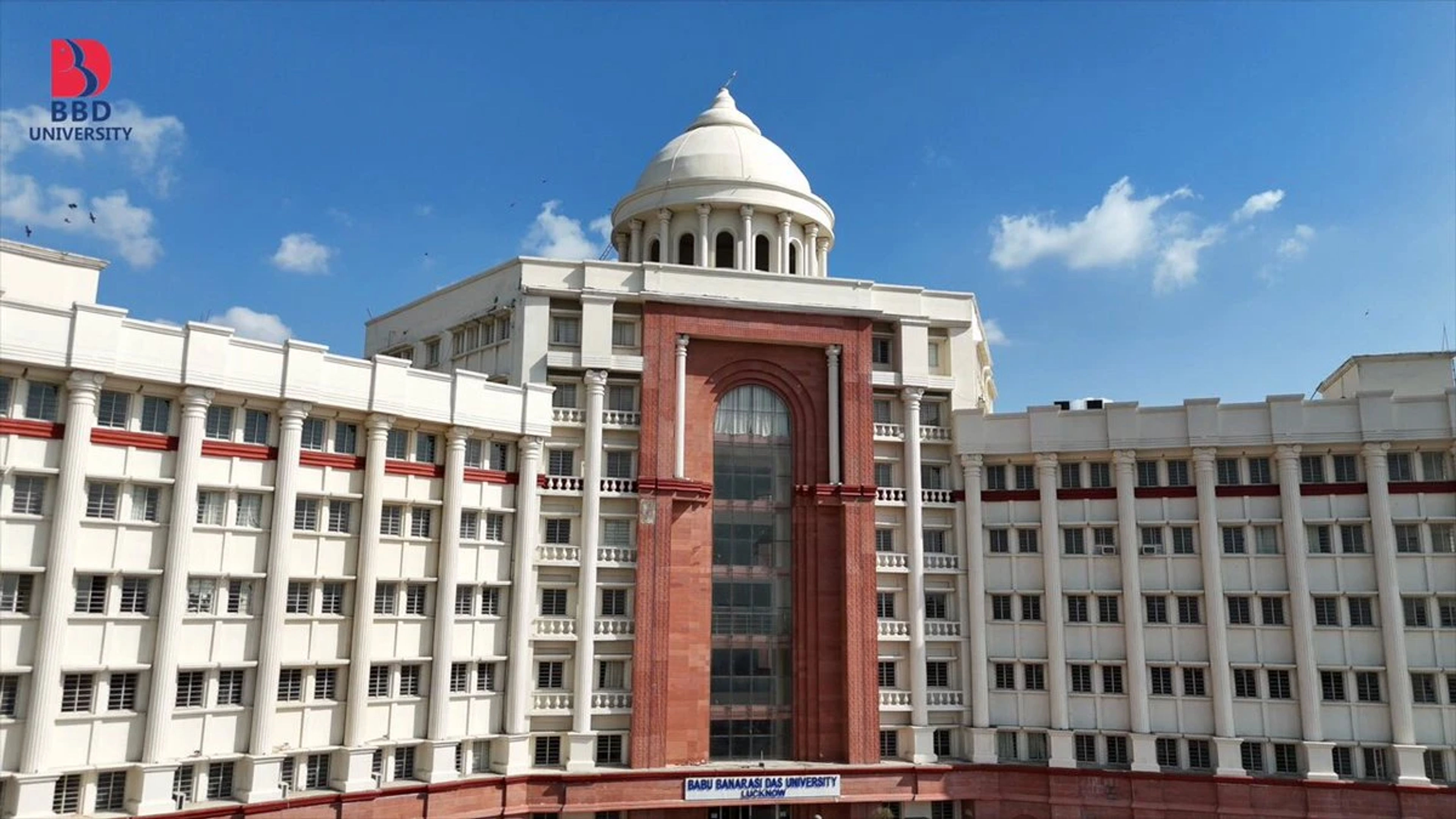
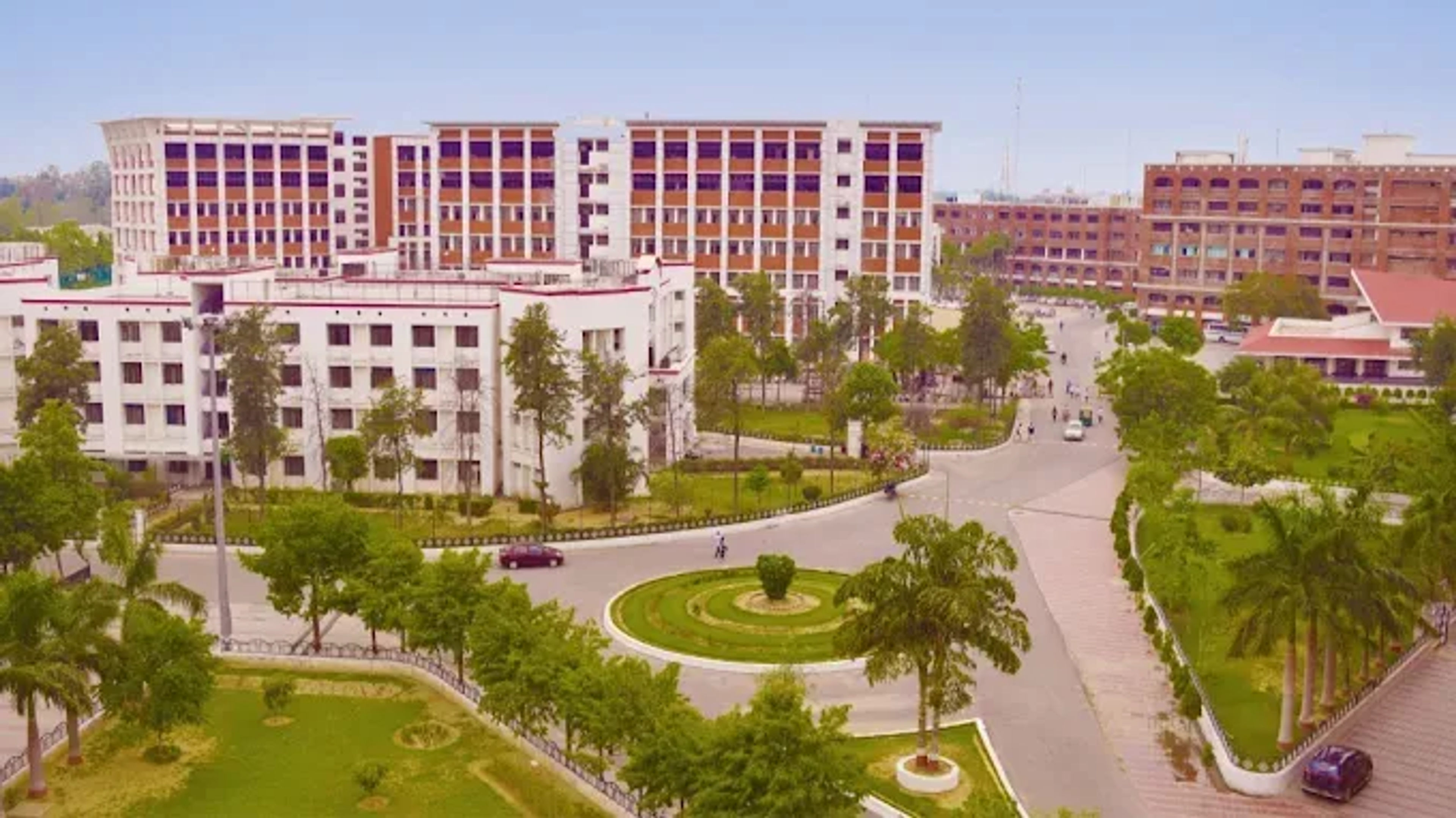






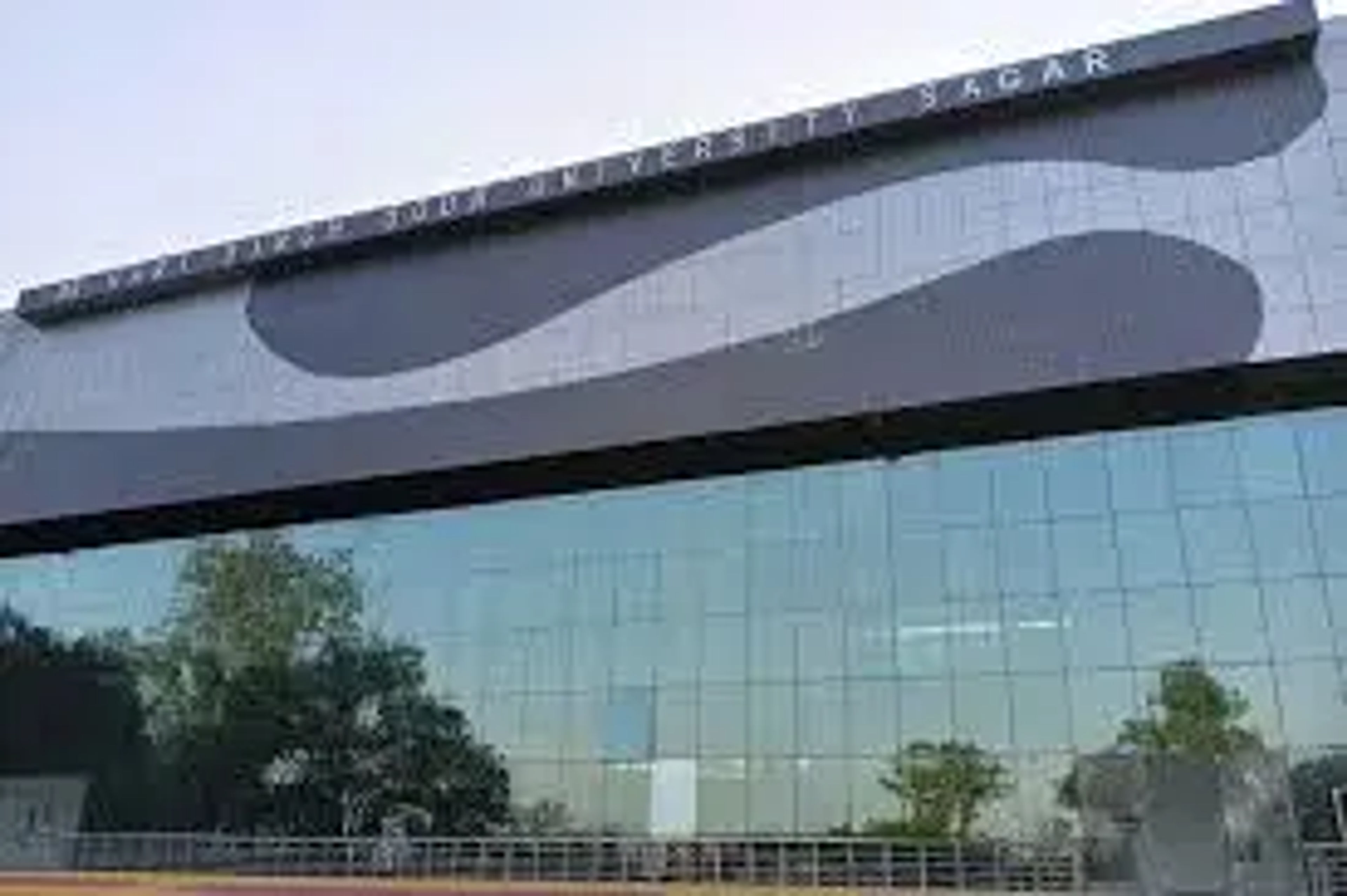

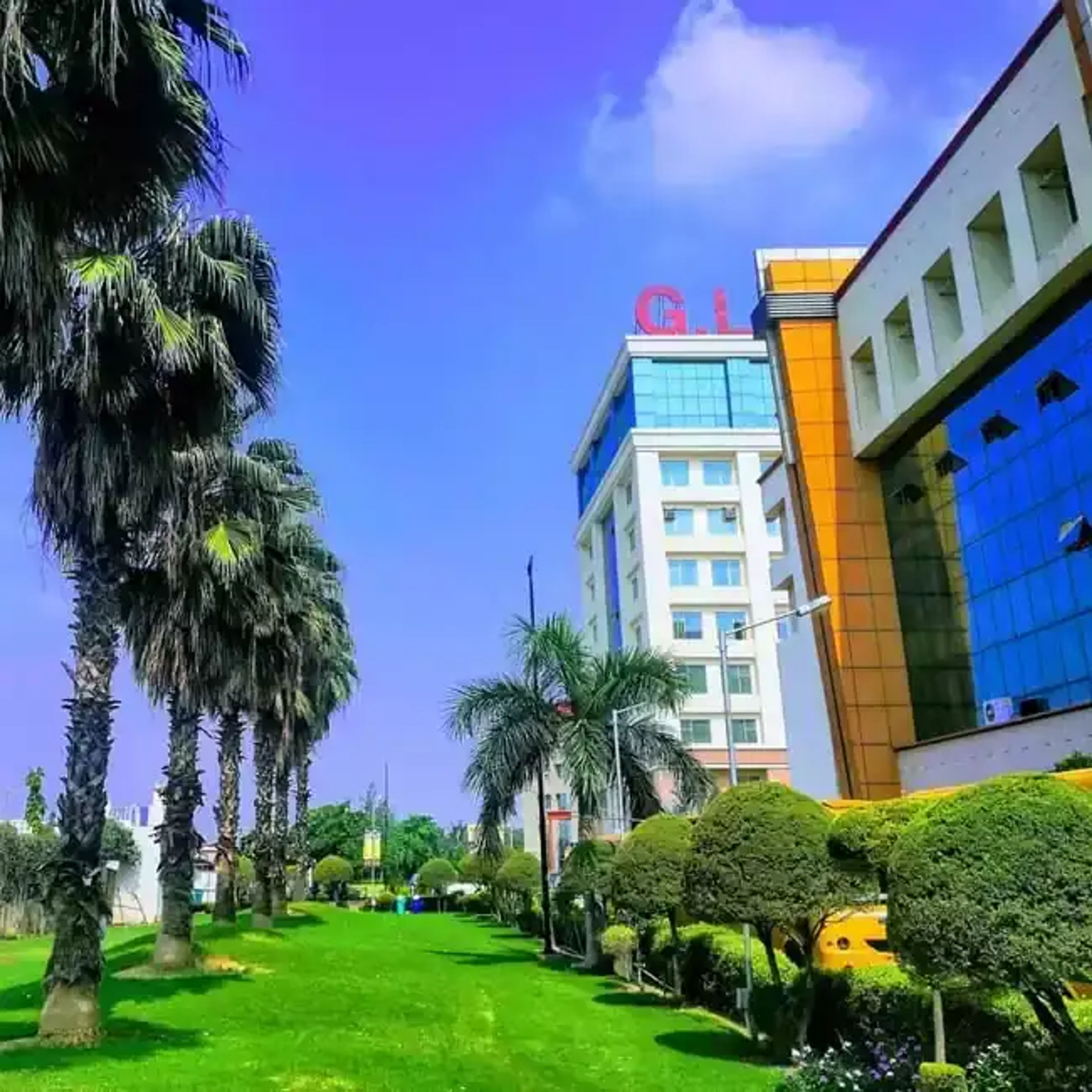



![Global Academy of Technology - [GAT] ,Bangalore ,Karnataka Global Academy of Technology - [GAT] ,Bangalore ,Karnataka](https://ik.imagekit.io/syustaging/SYU_PREPROD/Global-Academy-of-Technology---_GAT_-_Bangalore-_Karnataka_MzoGXzXc1d.webp?tr=w-3840)
